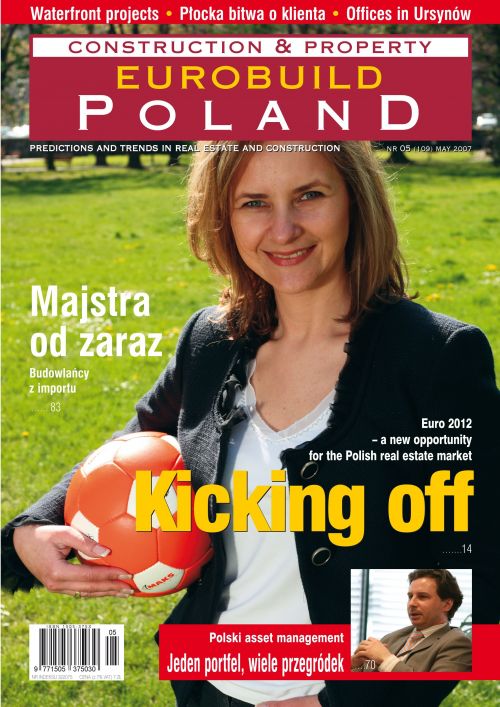This attractive Mazovian city is proving very tempting to investors, with shopping centre developers first off the mark on the local real estate market, competing for the custom of the prosperous wives of workers at the nearby petrol refinery. The housing fever in other cities is already taking hold in PłockNot a lot of people know this, but Płock houses Poland’s oldest museum and cemetery. However, it is widely known that the PKN Orlen petrol company – one of Poland’s largest firms – also has its headquarters in Płock. Although the city was deprived of its prestigious administrative position in 1998 when Płock province was incorporated into Mazovia, it still continues to be a strategic centre due to the huge influence that Orlen exerts on the economy and life of the region’s citizens. Though Płock’s traditions go back to the 10th century, it is not a large city, with is current population standing at less than 130,000. The main part of the city is on the right bank of




























































